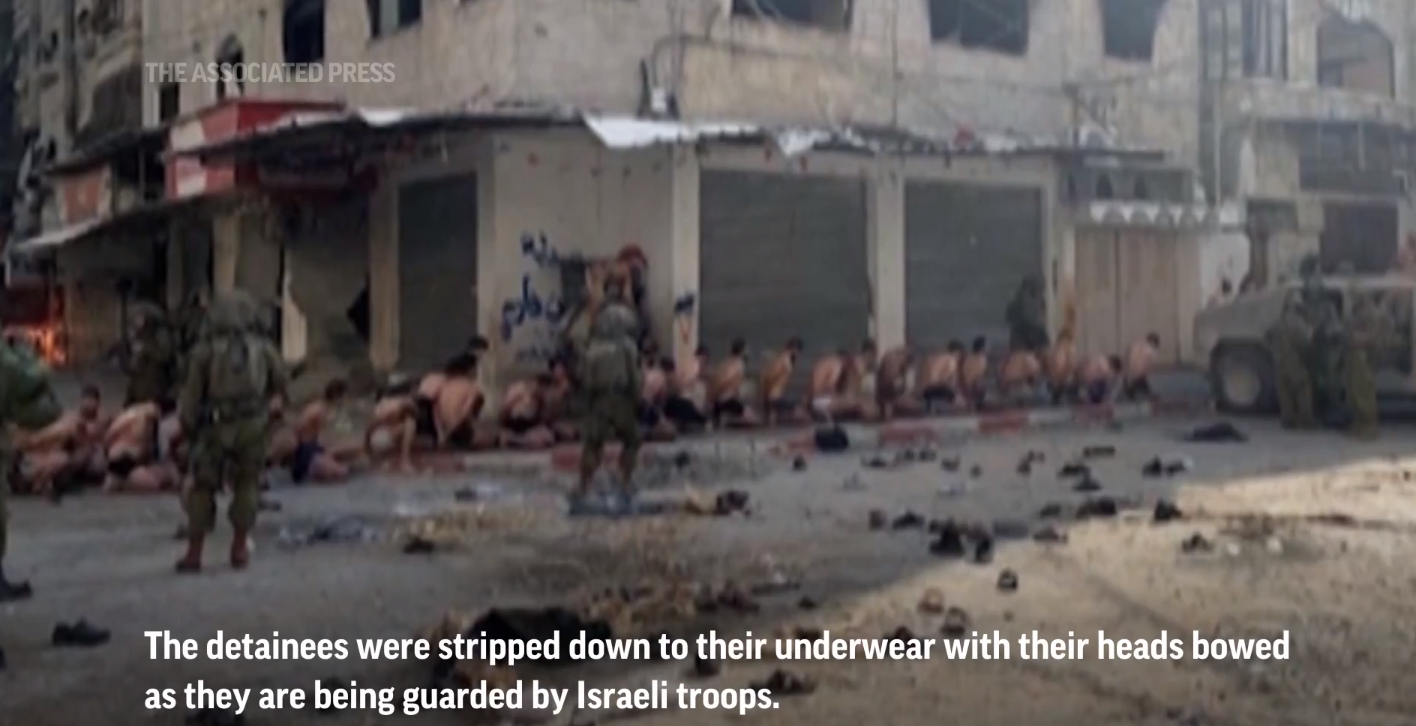The UN secretary-general invoked ‘Article 99' to push for a Gaza cease-fire. What exactly is it?

(AP) It’s called “Article 99.” And it hasn’t been used for decades. Until this week. With an intensifying Israeli offensive and escalating civilian casualties, U.N. Secretary-General Antonio Guterres invoked a rarely exercised power this week to warn the Security Council of an impending “humanitarian catastrophe” in Gaza. He urged members to demand an immediate humanitarian cease-fire.
(AP) It’s called “Article 99.” And it hasn’t been used for decades. Until this week.
With an intensifying Israeli offensive and escalating civilian casualties, U.N. Secretary-General Antonio Guterres invoked a rarely exercised power this week to warn the Security Council of an impending “humanitarian catastrophe” in Gaza. He urged members to demand an immediate humanitarian cease-fire. Guterres invoked Article 99 of the U.N. Charter — last used over half a century ago — which says the secretary-general may inform the council of matters he believes threaten international peace and security. Here, Edith M. Lederer, longtime chief U.N. correspondent for The Associated Press, breaks down what this could mean. It’s a provision of the United Nations Charter, the U.N. constitution. It states that the secretary-general — the U.N.'s top diplomat — may bring to the attention of the Security Council “any matter which, in his opinion, may threaten the maintenance of international peace and security.” This gives an important additional power to the secretary-general, since the real power at the U.N. is held by its 193 member nations and especially the 15 countries that serve on the Security Council. Article 99 is extremely rarely used. The last time it was invoked was during fighting in 1971 that led to the creation of Bangladesh and its separation from Pakistan.
Guterres invoked Article 99 because he sees the situation in Gaza at risk of a “complete collapse” of the territory’s humanitarian system and civil order. It was something he felt needed to be done. Arab and Islamic nations followed up on Guterres’s letter immediately.
The United Arab Emirates, the Arab representative on the Security Council, circulated a short resolution to Security Council members late Wednesday calling for an immediate humanitarian ceasefire. They plan to put that resolution to a vote at a Security Council meeting on Friday morning. The United States, which is Israel’s closest ally and has veto power on resolutions, has not supported a cease-fire. On Tuesday, U.S. Deputy Ambassador Robert Wood said that the role of the Security Council in the Israel-Gaza war is not to get in the way of important diplomacy that’s taking place. And he said the Security Council resolution at this time “would not be useful.”
This could signal a likely veto, but the U.S. has not said either way.